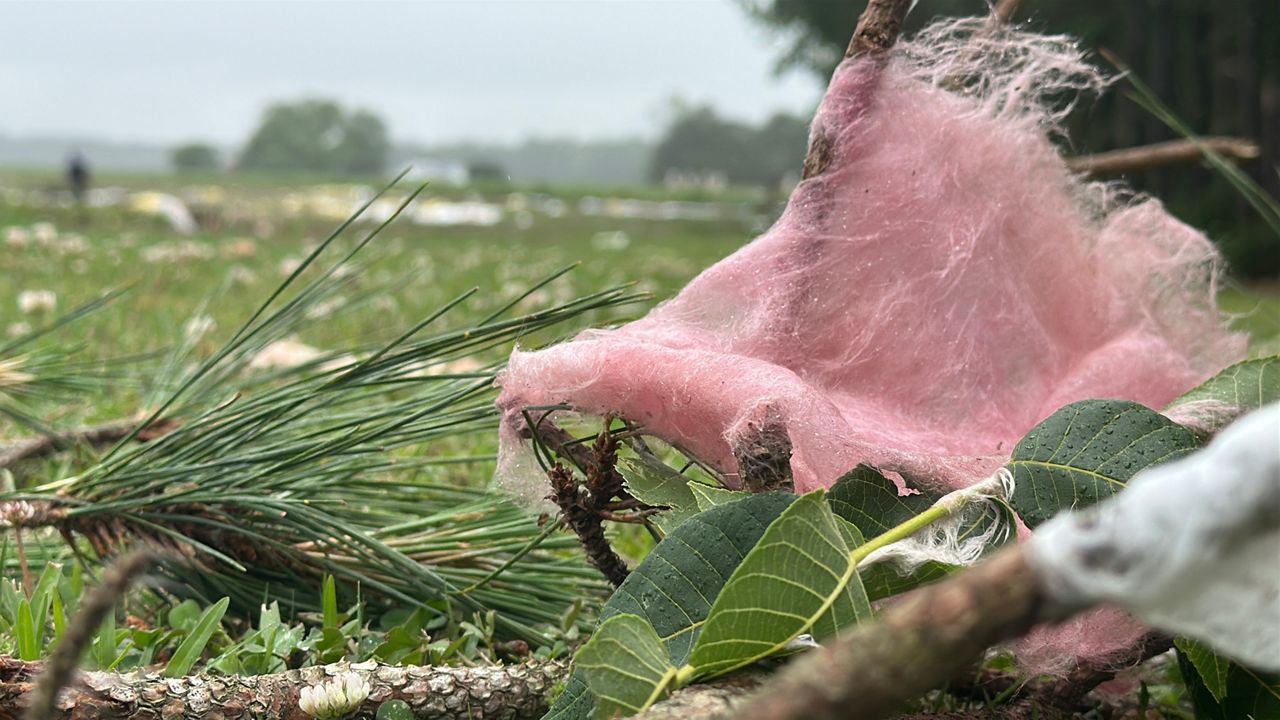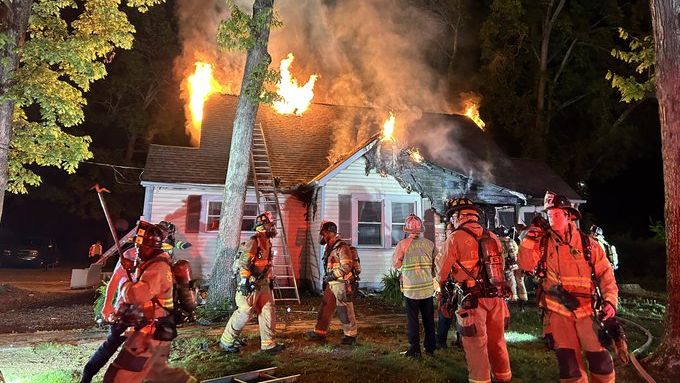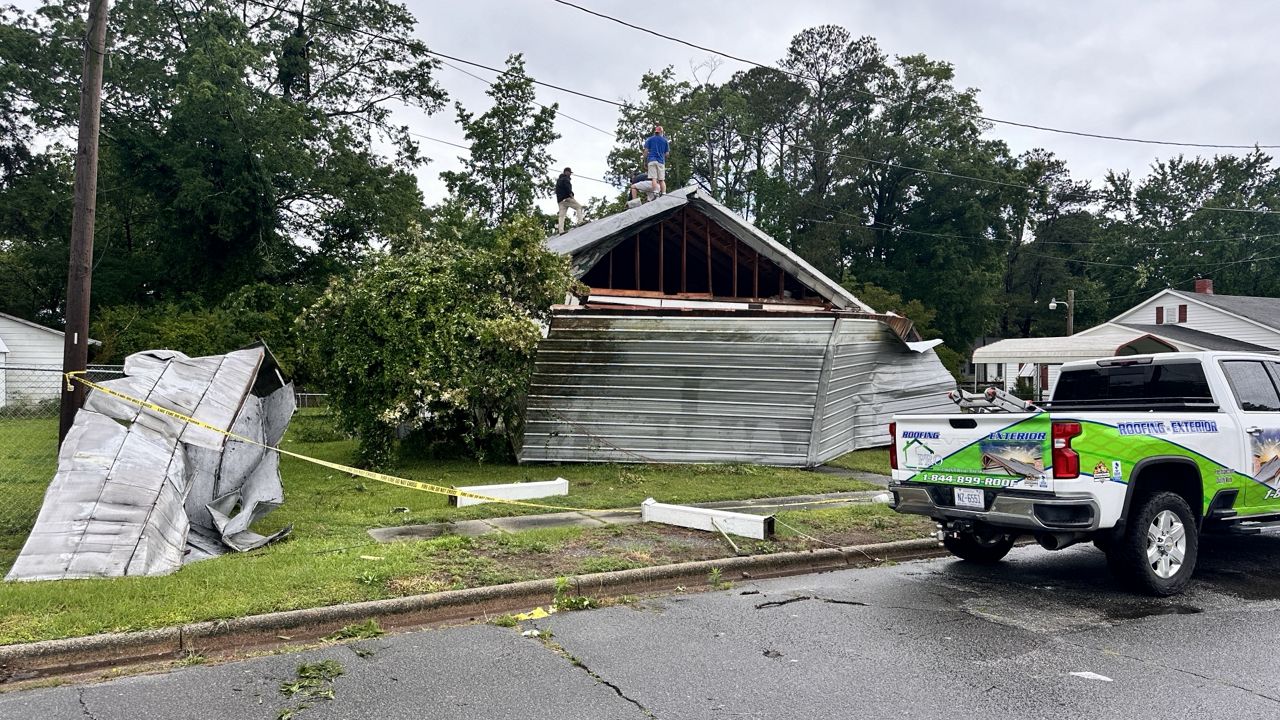RALEIGH, N.C. – As Raleigh marks one year since a devastating mass shooting, fellow gun violence survivors recommend preparing for the milestones, as the recovery journey from trauma can be long and painful.
The first time Tony Cope experienced gun violence was while shopping with his wife and two young daughters inside a Target in Apex in 2010. He said an active shooter entered the store, and shot and killed a cashier before killing himself.
Seven years later, he said his own daughter was held hostage by a gunman while staying the night at a friend’s house.
“When you're texting with your kid that she's hiding from a gunman and you hear that he's in the room with her and then things stop, you make assumptions on what's next, right? You start kind of wrapping your head around as like, did I just say goodbye to my kid?” he said.
She was released physically unharmed, but Cope said it took years of therapy and a lot of work before she stopped having panic attacks in the middle of the night, following the terrifying experience.
Those experiences fueled Cope’s activism as a member of the organization Moms Demand Action, where he met and connected with Gerald Givens Jr.
Givens has had seven family members killed due to gun violence — his grandfather, uncle, brother and four cousins.
That grief fuels his mission to end gun violence, and he worked with Cope to create the nonprofit Raleigh Boots on the Ground.
“The vision that we have at Boots on the ground is freedom requires safety. If we can't be safe, we can't be free,” Givens said.
They work with a team of community violence interrupters, everyday people who work as messengers within the community to connect and calm things down before situations turn violent.
“We all have different relationships, and we all recognize that if we bring all of these things together, we can create the change for our community that we need,” Givens said.
Raleigh Boots on the Ground also is partnering with hospitals and other nonprofits to respond to gun violence victims and help them heal and make a change.
As time passes, both Givens and Cope recommend planning for the anniversary and milestones by thinking about where you will be and who will be with you – because intense grief can hit harder during those times.
“I would just tell the folks who experienced the Hedingham shooting, especially those who lost a loved one, to just take it day by day. You can always reach out to survivors like myself and so many others,” Givens said. “Don't be afraid to go to get therapy because, you know, it's something that you're going to need.”
Cope added, “There have been so many mass shootings since Hedingham. I imagine that many of the people suffering through it, the victims, might feel like they've been left behind and they're not. They are top of mind. This is our city. Raleigh will always be here for them.”









)
